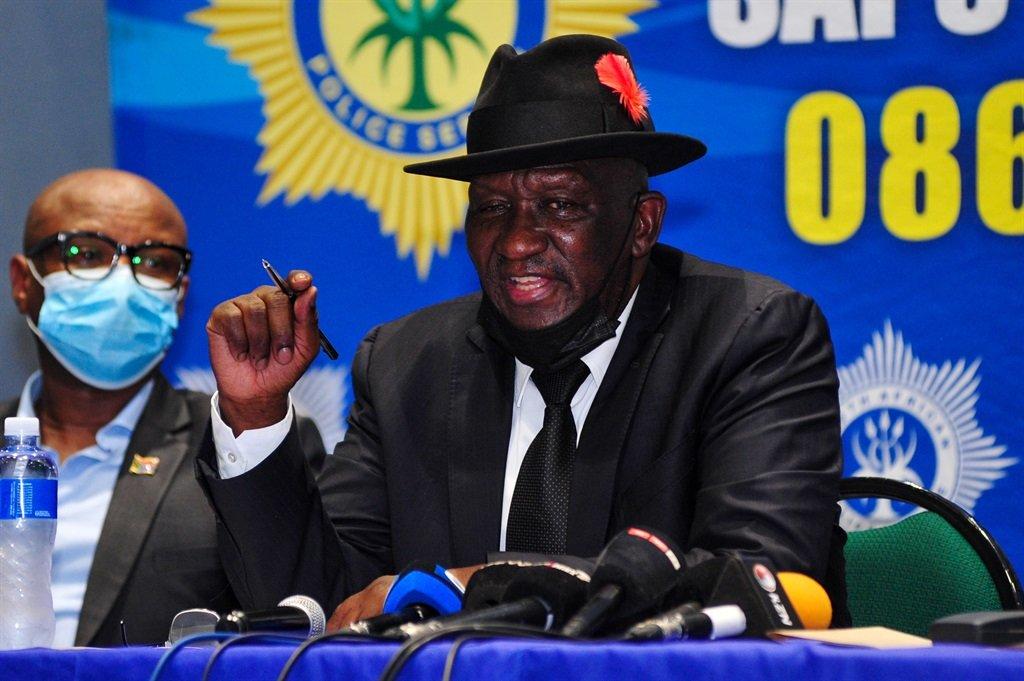Africa-Press – South-Africa. The first three months of this year were “violent, brutal and unsafe” for many South Africans.
Police Minister Bheki Cele released the fourth quarter crime statistics for the period 1 January to the end of March 2022, which painted a bleak picture of the last three months.
Cele said January, February and March of 2022 were especially brutal for women and children.
“Murder, attempted murder and assault GBH of women all recorded double-digit increases. Murder and assault GBH of children under the age of 17 also recorded sharp increases,” he said.
He said the first three months of 2022 were marred by more murders, more sexual violence and more assaults in comparison to the same period in 2021.
He said:
According to the crime statistics, there was a 22.2% increase in murder, with 1 107 more people killed between January and March when compared to the same period last year.
A total of 2 268 people were murdered in public places, such as open fields, streets, parking areas and abandoned buildings.
“The second most likely place for murder to occur is at the home of the victim or of the perpetrator; in that environment, 1 350 people were killed. Liquor outlets and public transport, such as buses, taxis or trains, were the third and fourth most likely places to be killed in South Africa,” Cele said.
He said sexual offences recorded a 13.7% increase, with contact sexual offences the only decrease in this category.
“In the first three months of this year, 10 818 people were raped in South Africa. Almost half of the cases, a staggering 4 653 rapes took place at the home of the rape victim or the home of the rapist,” he said.
The Eastern Cape’s Lusikisiki police station, Inanda in KwaZulu-Natal, and Delft in the Western Cape recorded the highest incidents of rape for this quarter.
The release of the dismal crime statistics prompted Cele to ask SAPS management and the provincial commissioners of all nine provinces to explain what went wrong.
“Honestly, no answer justifies these dismal figures, but we all agreed, that all provinces, districts, clusters and stations need to do things differently if indeed we want to see desired outcomes,” he said.
For More News And Analysis About South-Africa Follow Africa-Press






